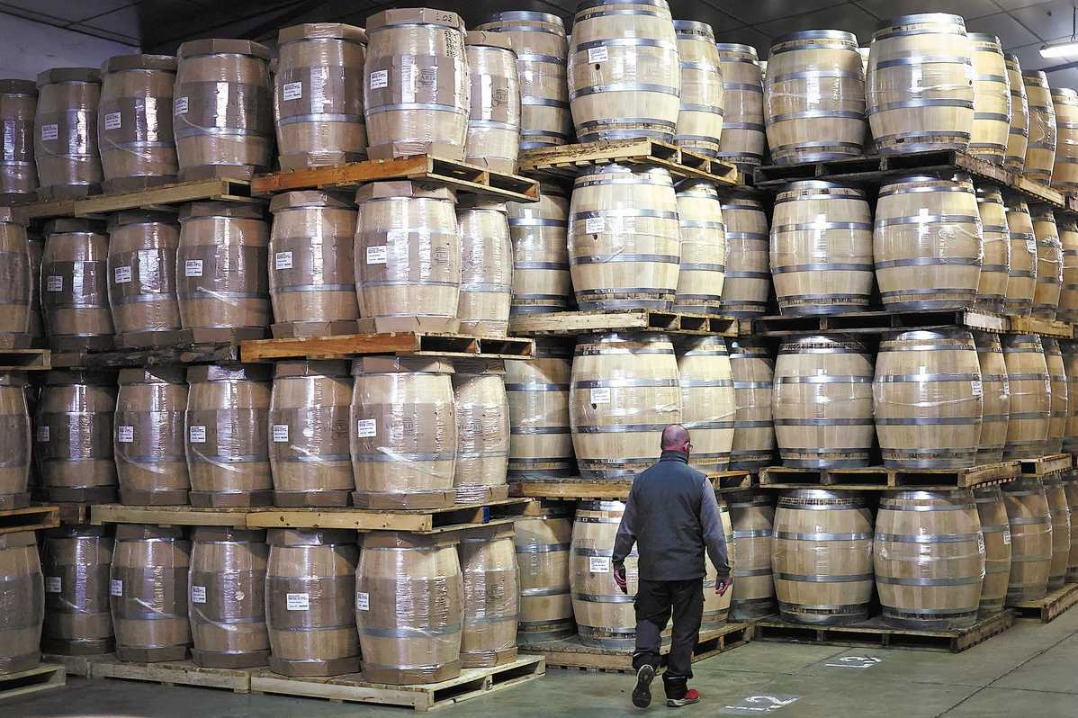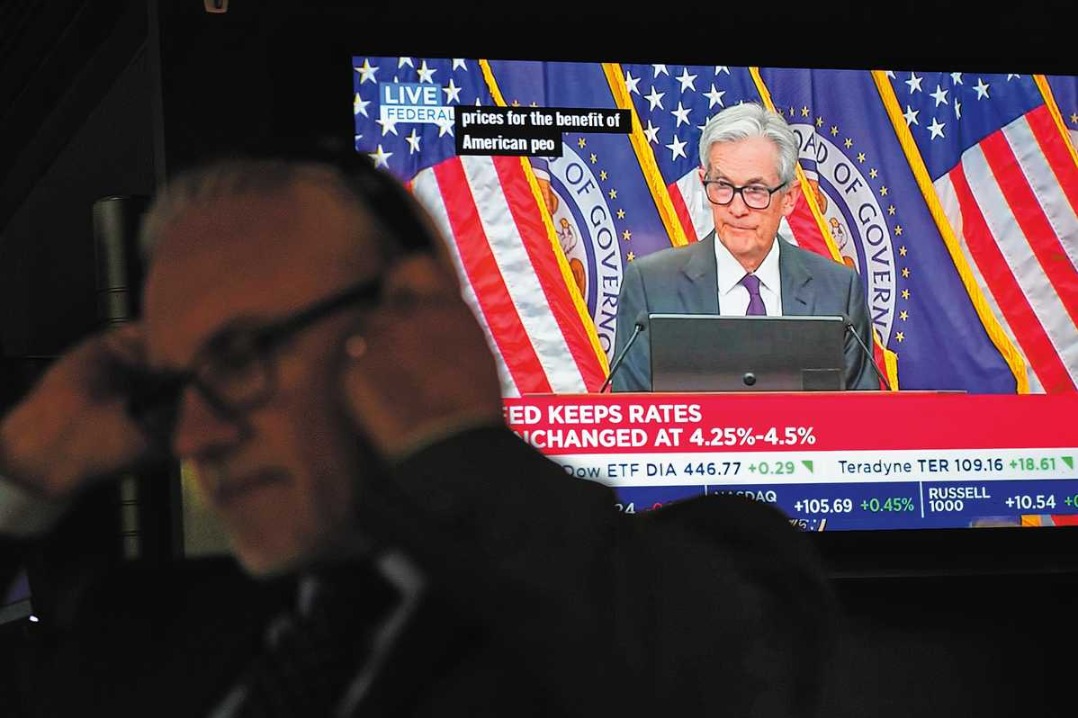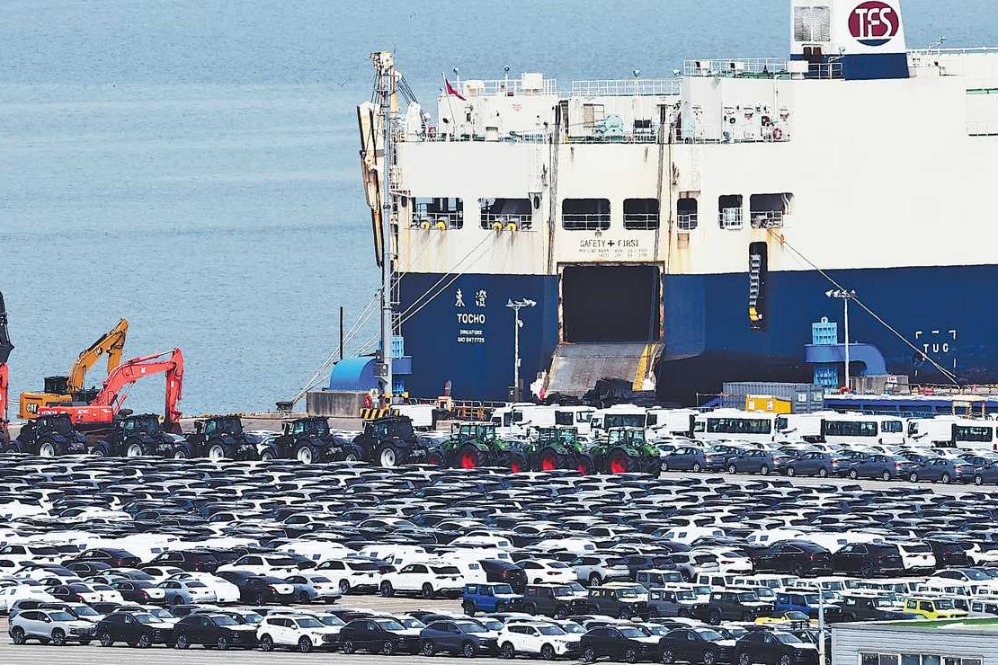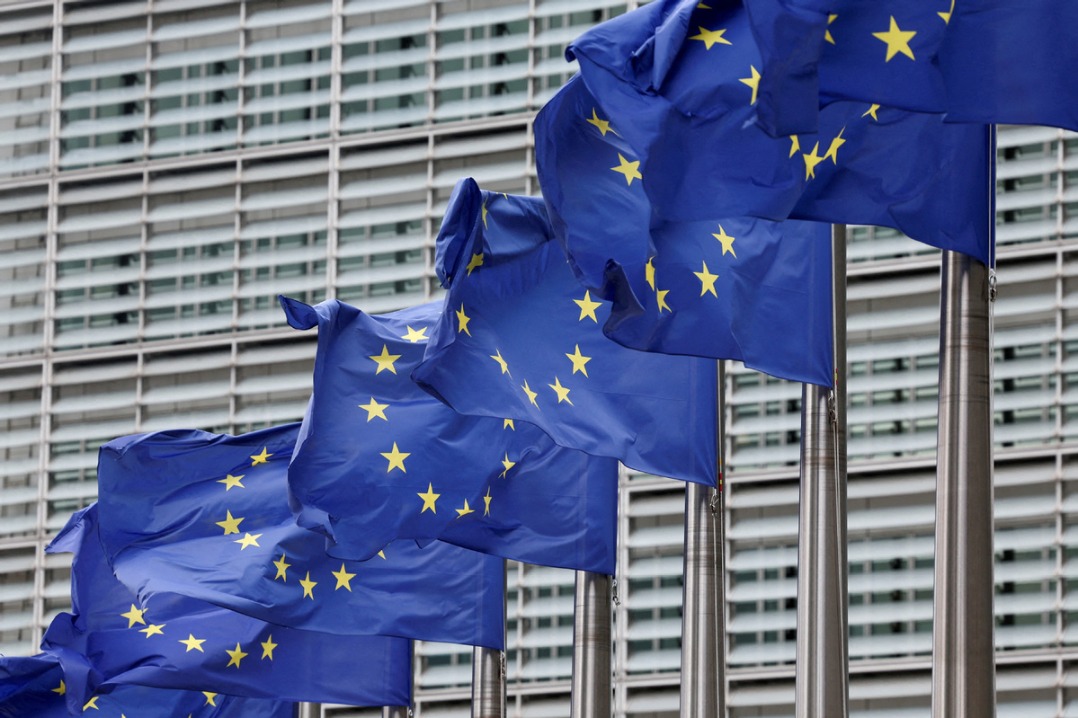WHO head repeat calls for IP waiver

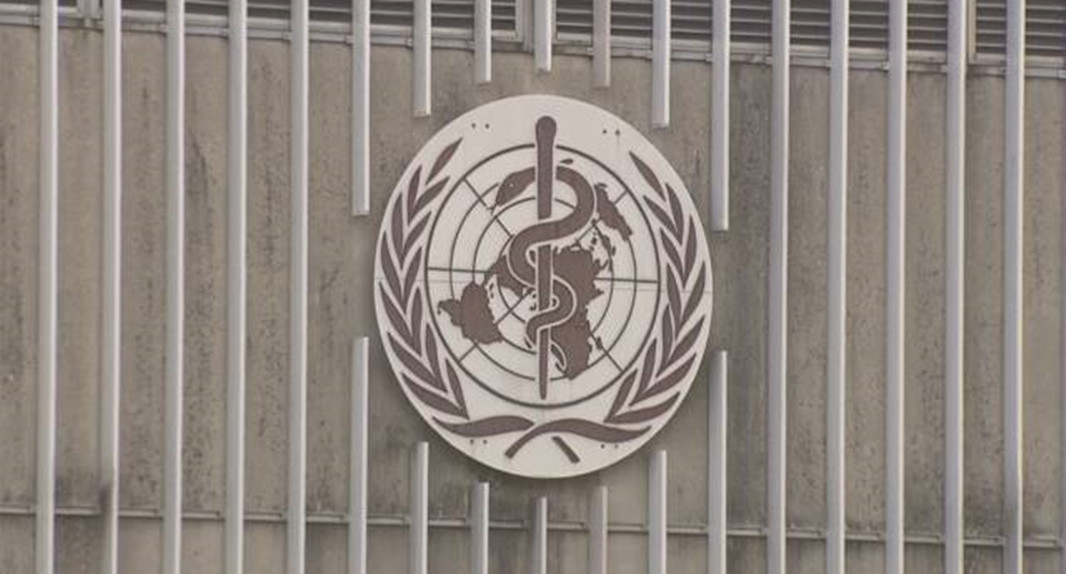
World Health Organization, or WHO, director-general Tedros Adhanom Ghebreyesus has repeated his call for a temporary waiver of intellectual property rights on COVID-19 vaccines, to put an end to the pandemic and help the world to re-open.
Addressing the issue of global vaccine distribution inequality during a media conference on Thursday, Tedros again called on richer nations to do more to facilitate the fair distribution of vaccines.
By waiving intellectual property, or IP, rights, such as patents and copyrights, they could boost vaccine production, which is seen as a way for poor and middle-income countries to get access to vaccines.
Tedros cited companies such as AstraZeneca, which has shared its licenses in India and South Korea.
Tedros said if other pharmaceutical companies did the same, there would be a "better volume to share".
The WHO chief acknowledged that vaccine development by the private sector has been "historic", as a jab was produced in less than a year, but at the same time, he urged wealthy countries to consider providing incentives for private companies to back an IP waiver.
Tedros also urged companies to exhibit "social responsibility" during such challenging times.
He suggested that an agreement for a waiver for a limited period, or for a specific product, could also be discussed.
"There could be a balance that can help address some of the challenges," he said. "But at the same time moving forward, the key is making sure that we have enough vaccines to achieve those targets; the highest target which we want to achieve by next year is 70 percent vaccination, and 70 percent of the population would really help us to control this virus and open our society."
Also at the media briefing was Germany's federal minister of health, Jens Spahn. He said cooperation is key to vaccine production, and having just a patent or a waiver does not solve the problem.
"The goal is to vaccinate the world as fast as possible, to give everyone around the world the access to vaccines," he said.
"It is very clear that having a patent, or providing it, does not resolve the fundamental issue. Producing vaccines is too complex, there's energy exchange, you need exchange with experts, you need training. Even pharma corporations that were involved in the production of these vaccines took months to be able to have the production capacities in the end."
Spahn announced that Germany will be contributing 260 million euros ($306 million) of funding to the WHO, in order to help development, production and distribution of COVID-19 tests, and will provide 30 million vaccines to third countries through COVAX.
COVAX is a worldwide initiative aimed at equitable access to COVID-19 vaccines around the world.

















